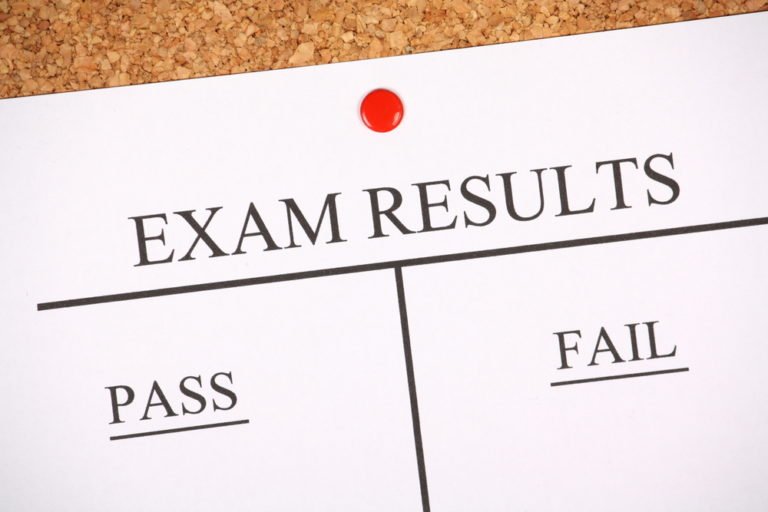
Three Tips to Improvise Your Way to MMI Greatness
Ding. The ring of a bell emanates from invisible speakers overhead, and the pre-med waltz ... Read more
Emanuel Grant
Updated June 26, 2022 by Emanuel Grant

Ding. The ring of a bell emanates from invisible speakers overhead, and the pre-med waltz ... Read more
Emanuel Grant
Updated June 26, 2022 by Emanuel Grant

Mind mapping is a brainstorming technique that facilitates visualizing a comprehensive overview of one’s life ... Read more
Student Doctor Network
Updated April 16, 2025 by Student Doctor Network

Valentine’s Day can be hard for med students, medical professionals, and their spouses because all ... Read more
Allie Hutchison
Updated June 26, 2022 by Allie Hutchison

The Critical Analysis and Reasoning Skills (or CARS) section of the MCAT is occasionally placed ... Read more
Cassie Kosarek
Updated June 26, 2022 by Cassie Kosarek

Recently, I rounded out a full decade as a professional admissions consultant, assisting candidates with ... Read more
Michelle Finkel
Updated July 21, 2022 by Michelle Finkel

Studying for the MCAT exam can be daunting, and chances are, you’ve typed “How do ... Read more
AAMC Staff
Updated June 26, 2022 by AAMC Staff

Being a pre-medical student means committing to a years-long process aimed at ultimately gaining admission ... Read more
Cassie Kosarek
Updated June 26, 2022 by Cassie Kosarek

There are many costs associated with applying to medical school. These costs can add up, ... Read more
AAMC Staff
Updated June 26, 2022 by AAMC Staff

Republished with permission from here. Being a pre-medical student is largely about the numbers — ... Read more
Cassie Kosarek
Updated June 26, 2022 by Cassie Kosarek

It’s not surprising that one of the questions we’re asked most frequently is, “When should ... Read more
AAMC Staff
Updated June 26, 2022 by AAMC Staff

Don’t miss Part I of this article, which covered how to prepare before the interview and ... Read more
bluestreaks
Updated June 26, 2022 by bluestreaks

I did 21 interviews. Don’t ask how much it cost because I don’t enjoy thinking ... Read more
bluestreaks
Updated June 26, 2022 by bluestreaks

It’s important to remember that as you prepare for and apply to medical school, there ... Read more
AAMC Staff
Updated June 26, 2022 by AAMC Staff

In an ideal world, the months before an MCAT test date would be exclusively devoted ... Read more
Cassie Kosarek
Updated June 26, 2022 by Cassie Kosarek

While your dream of getting accepted to medical school probably involves countless nights studying, hundreds ... Read more
AAMC Staff
Updated June 26, 2022 by AAMC Staff

Organic Chemistry is a hurdle every premed must undertake. For many, it can dissuade you ... Read more
StudySchedule
Updated June 26, 2022 by StudySchedule

Taking the MCAT can be a nerve-wracking experience. In fact, many students develop significant test ... Read more
Anubodh “Sunny” Varshney
Updated June 26, 2022 by Anubodh “Sunny” Varshney

Two days before interviewing at the medical school I now attend, I couldn’t get out ... Read more
Emily Forest
Updated August 11, 2025 by Emily Forest

A friend of mine studied film in college and subsequently found himself working as a ... Read more
Ryan Hickey
Updated June 26, 2022 by Ryan Hickey
Current phase of the application cycle.
You are viewing information for the Early Prep phase of the application timeline.